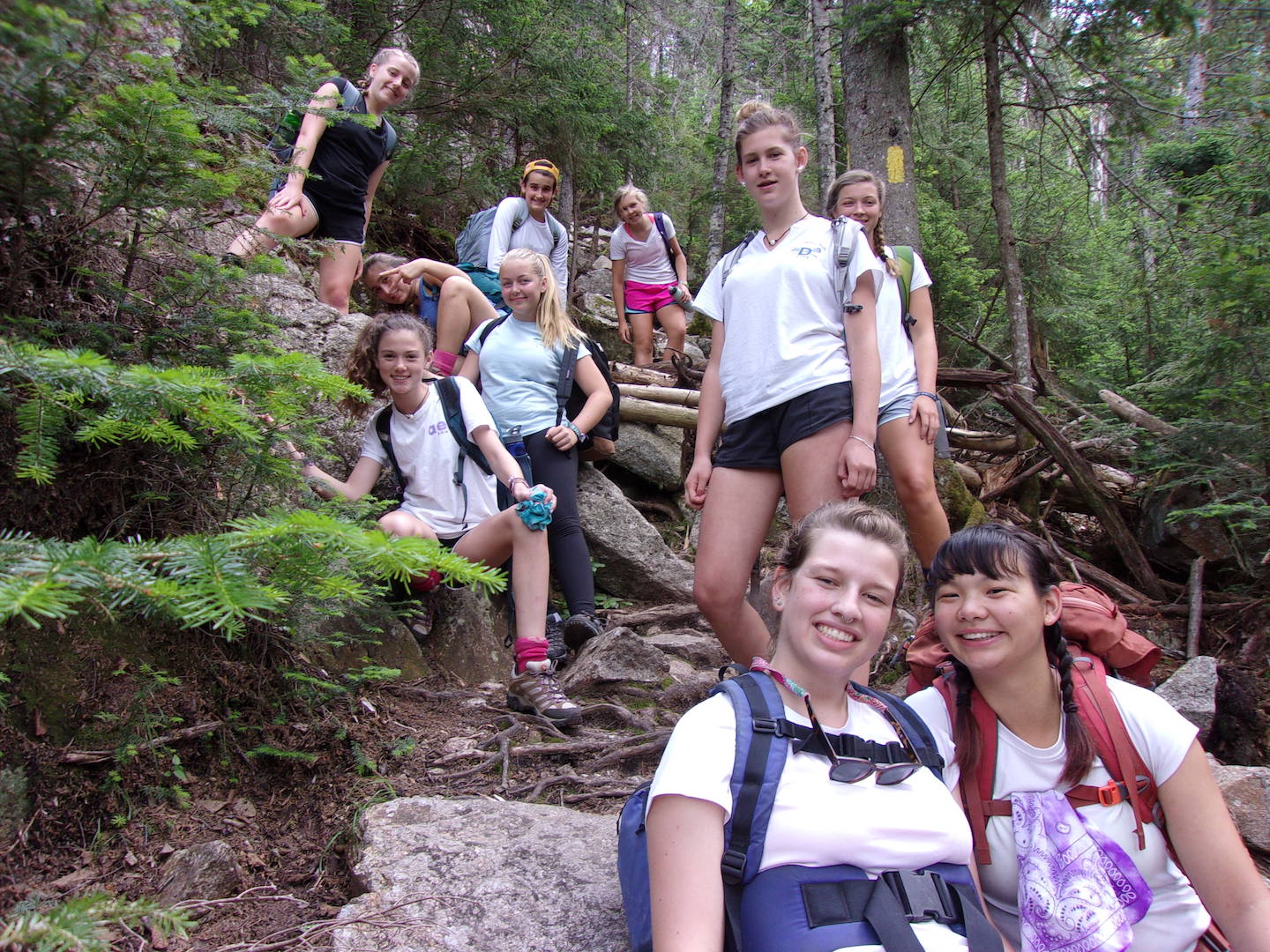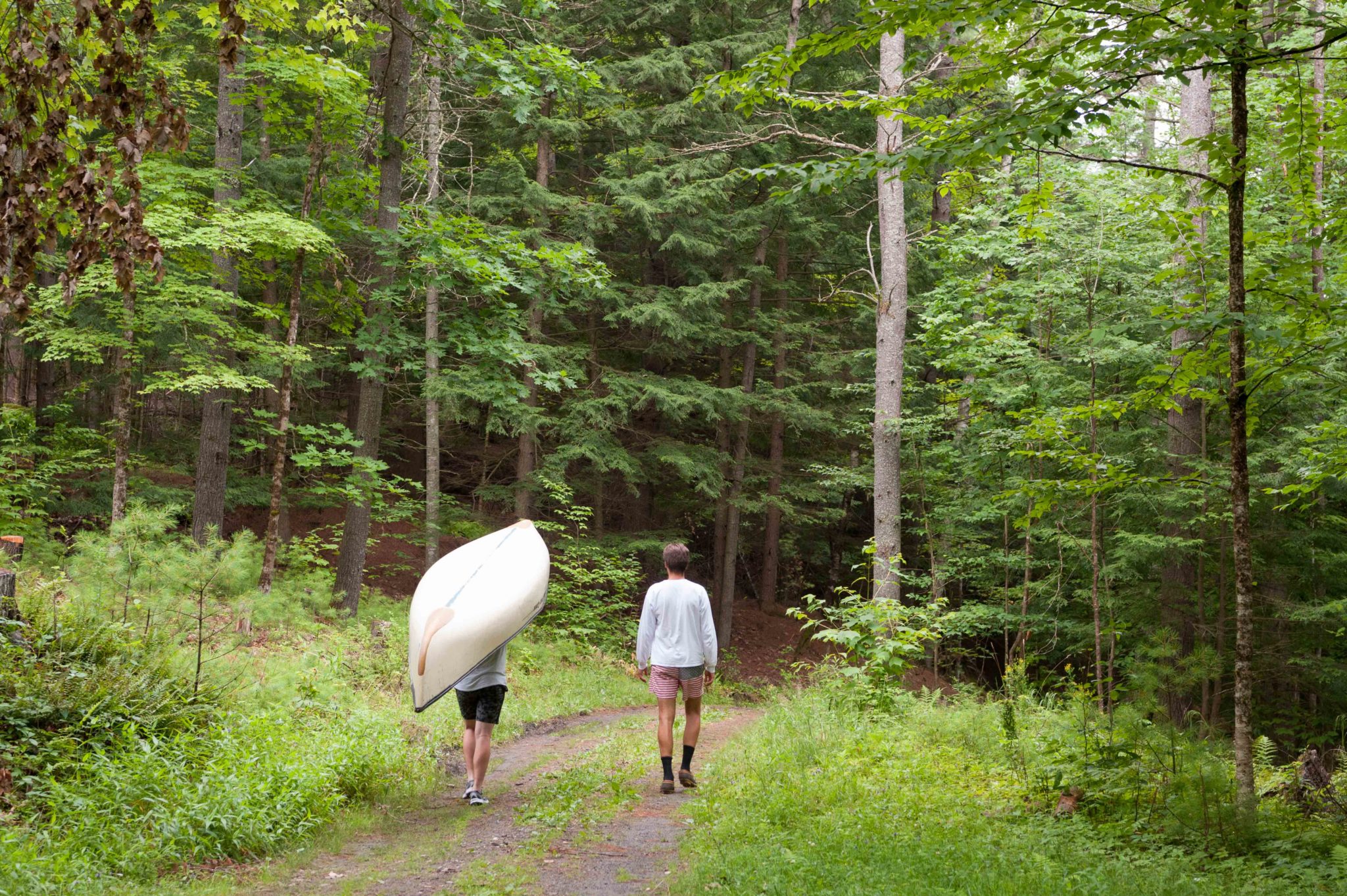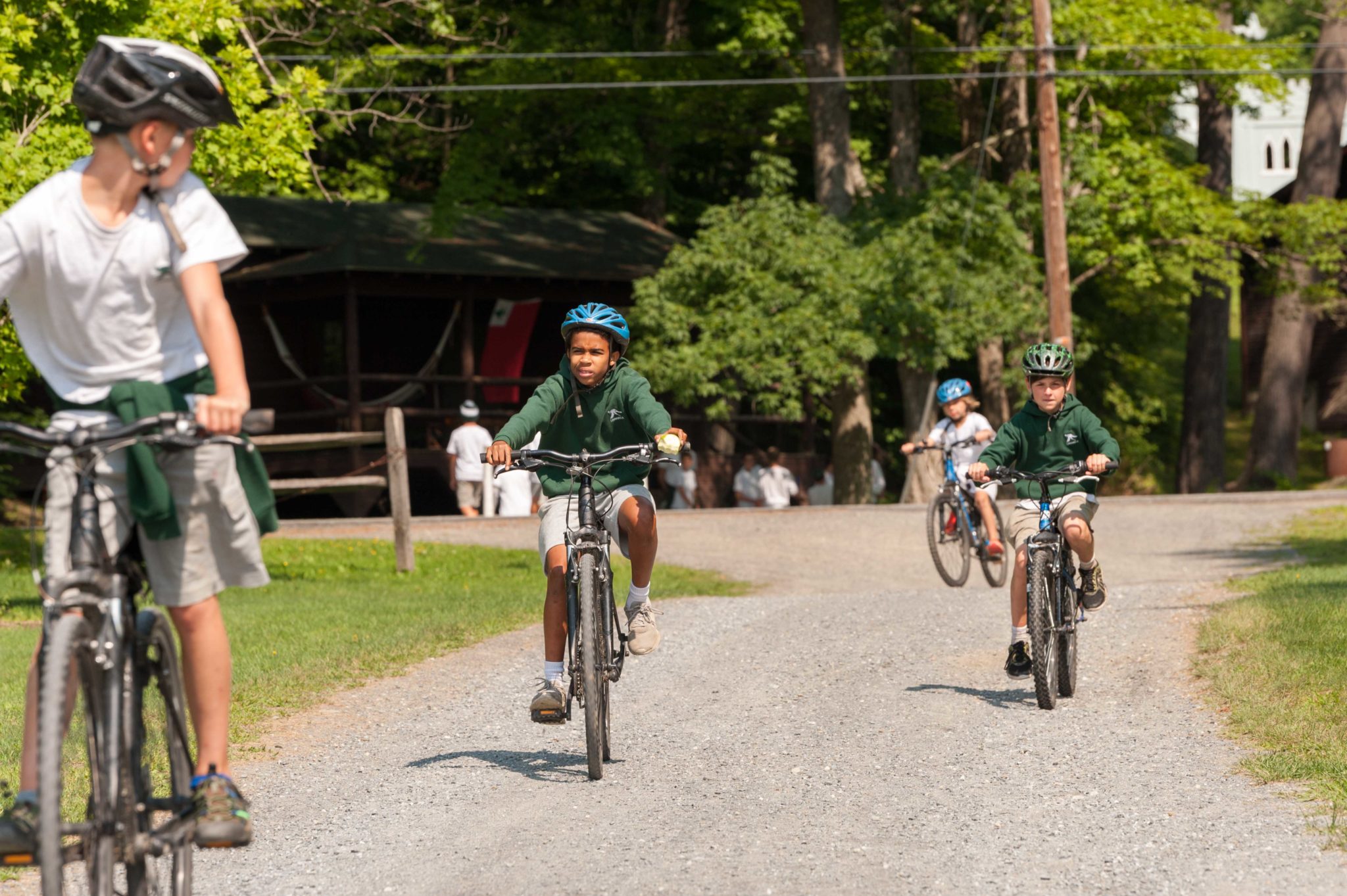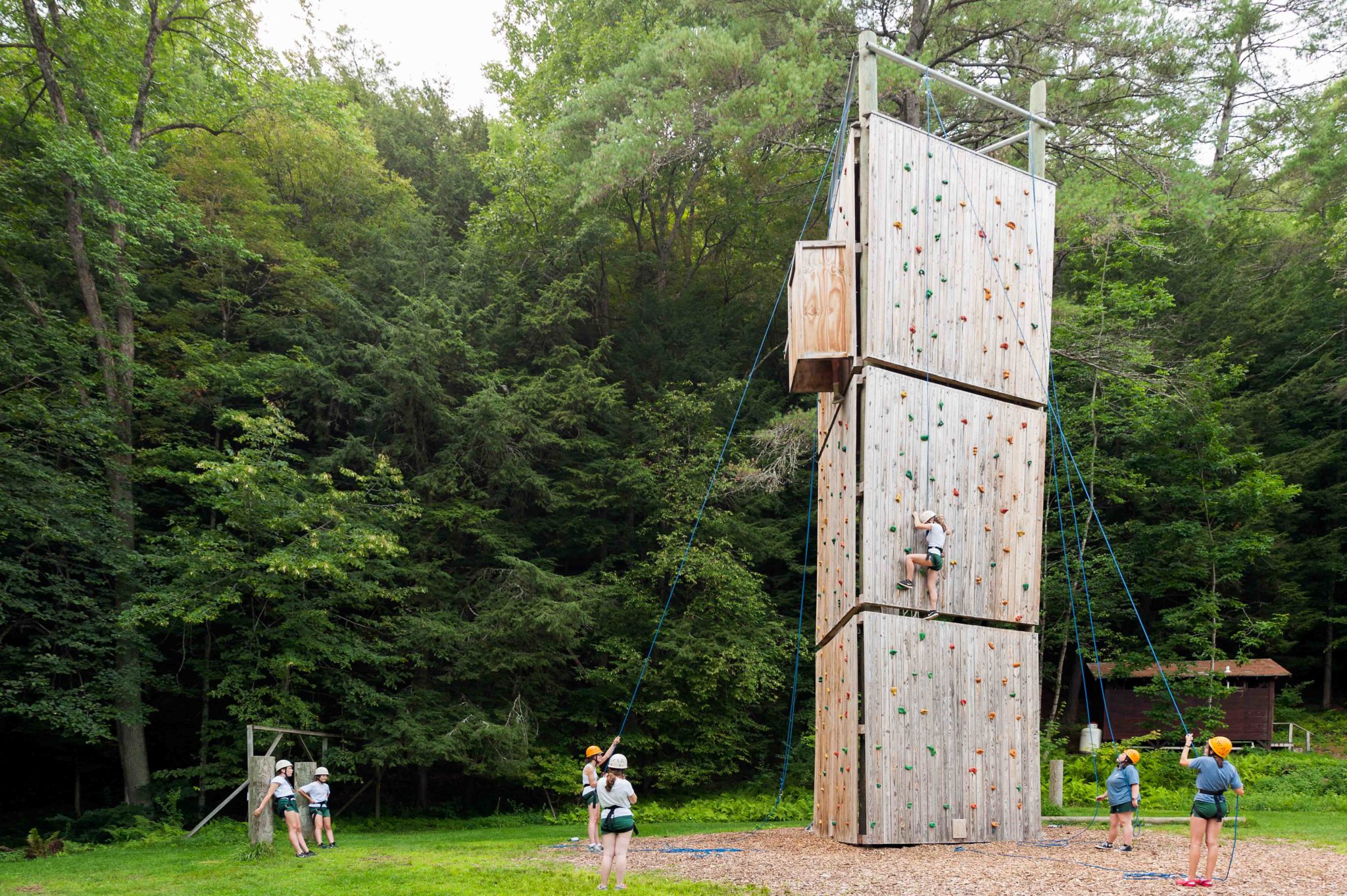 Article
Article

I started teaching high school to support my summer camp habit. After all, teaching gave me summers off—and gave me daily opportunities to practice all the counseling skills that we learned at Lanakila.
Almost ten years ago, I started out on a new teaching adventure. Because learning happens in the brain, I thought I’d be a better teacher if I knew more about brains. (It would have been impossible for me to know any less.)
So I started studying neuroscience and psychology. I went to conferences. I read research. I tried new things with my students.
Here’s the first thing I learned: psychology and neuroscience are both fascinating and useful. The more I learned about memory, attention, and motivation, the better my students learned idioms and Shakespeare.
The Science of Outdoor Learning
Here’s the second thing I learned: cognitive sciences are complicated. (I used to think that teenagers are complicated. But, they’re nothing compared to teenagers’ brains.)
Let’s take a simple question—one that’s mightily important for summer camps: do people learn better outside than inside?
A recent study helps answer that question. Here’s the story:
Many teachers are skeptics about outdoor classes. As a teacher, I often heard this argument:
Outdoor classes might be good for one particular class. However, they’re probably bad for subsequent classes.
That is: students might be so amped up by their time outside that they can’t focus when they get back indoors.
To explore this concern, Ming Kuo and colleagues put together an impressive study.
Over ten weeks, two teachers taught several pairs of lessons. Half of the time, the first lesson was taught outside. For the other half, the first lesson was taught inside.
Researchers then measured students’ attentiveness during the second lesson in these pairs.
The Results
Students were more attentive—A LOT more attentive—after outdoor classes than indoor classes.
In other words: being outdoors doesn’t reduce learners’ attention; being outdoors improves attention.
In almost 50% of the lessons, attention was a full standard deviation higher after outdoor classes. In 20% of the lessons, it was two standard deviations higher.
If you’ll forgive the technical language, that difference is HUGE.
What This Research Means for the Alohas
You’ve probably noticed that memories from summer camp last longer.
Why? Because camp allows (much) more freedom and choice than schools can. And, because camp memories are emotionally richer.
And, in part, because the experience of learning outside perks up campers’ attentional systems. Naturally enough, more attention means more learning.
Don’t Forget: It’s Complicated
I said above that cognitive sciences are complicated. We should keep that complexity in mind when thinking about questions like “the science of outdoor learning.”
On the one hand, we do have many research findings suggesting that outdoor experiences promote learning.
Some researchers (here and here) think that outdoor classes might enhance student motivation.
We’ve even got reason to think that mere exposure to green landscape helps students learn. For example: this study in Michigan suggests that natural views improve graduation rate and standardized test scores.
At the same time, other studies complicate the picture. One very well-known showed that a 90-minute nature walk reduces stress.
However: the study simply wasn’t very well designed. The “nature path” had lots of ups and downs; the “urban path” was essentially flat. In other words: the nature walk could have reduced stress because it was natural. Or, it could have reduced stress because it provided a better work out. As we all know, exercise reduces stress.
So here’s the message: we know from experience that summer camp makes learning last. And, we have some good research showing why. But, we shouldn’t believe every research claim about the benefits of nature.
In any case, I hope you were outside before you read this post. If you were, you just might have given it more of your attention.






